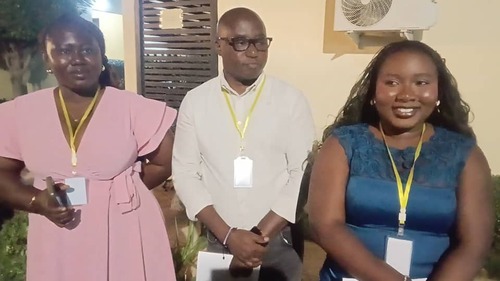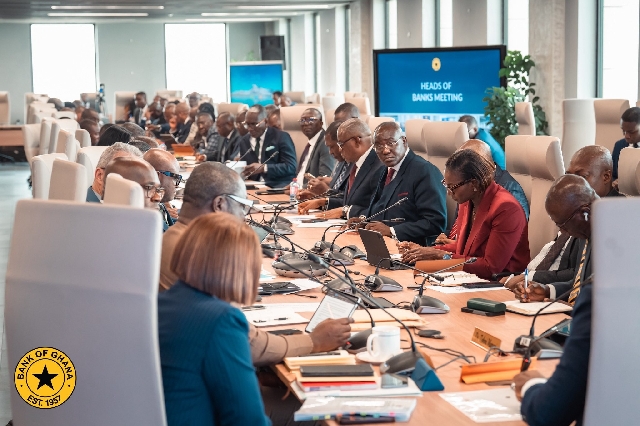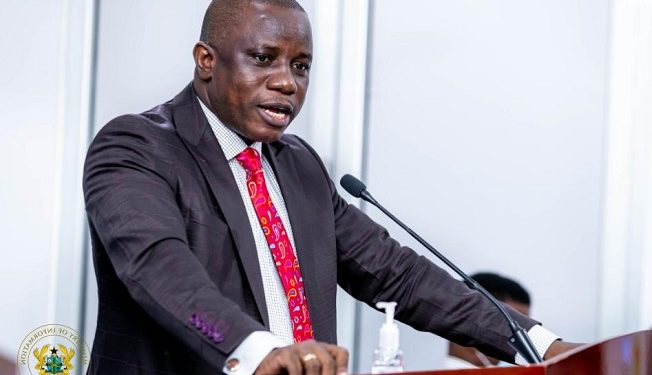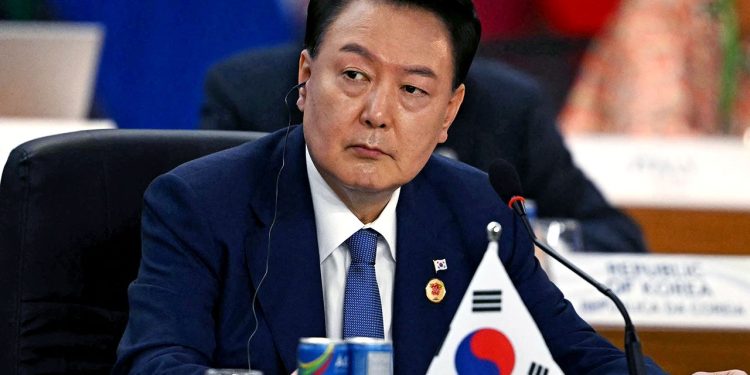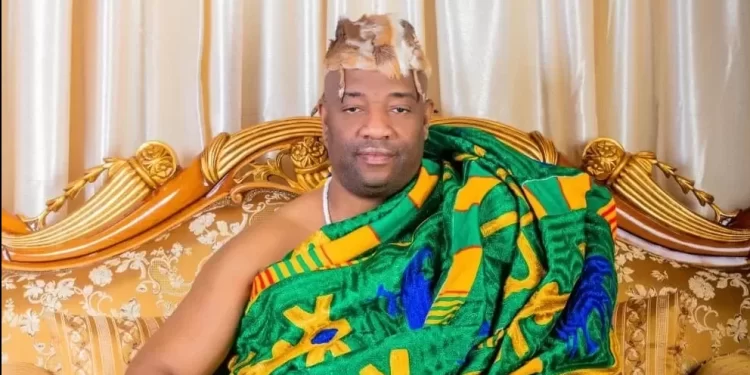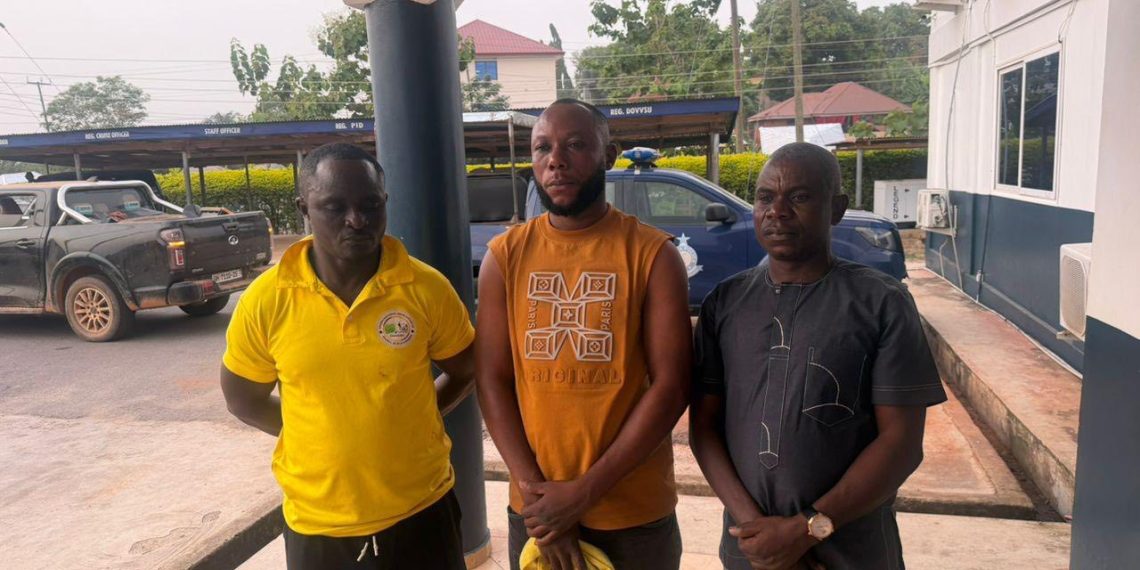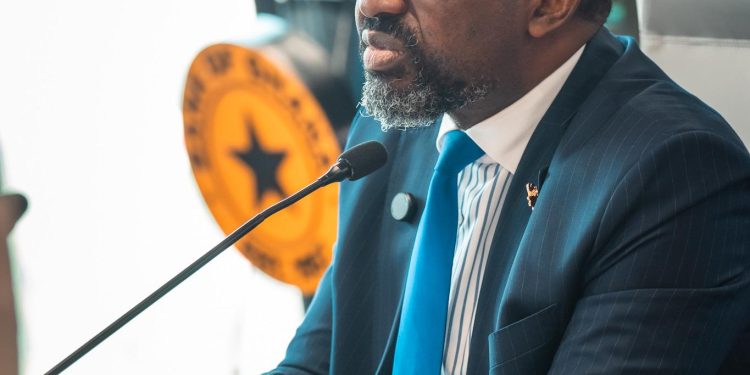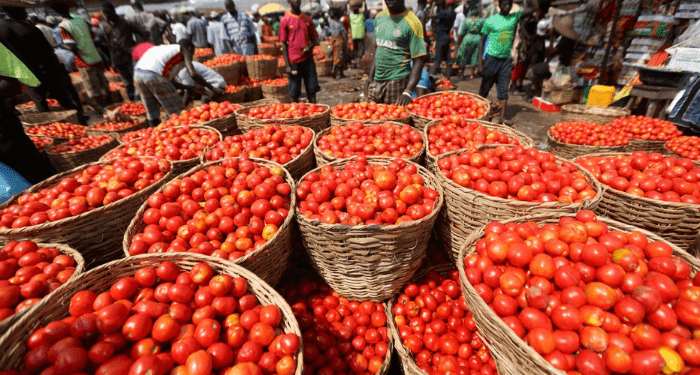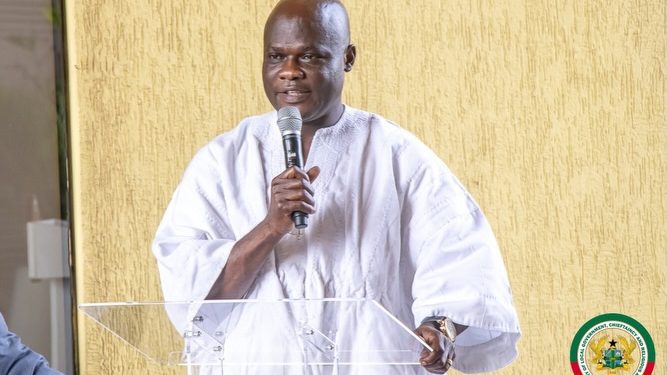After the bill was successfully passed, Francis Xavier Sosu, who is the Member of Parliament for Madina and also a co-sponsor of the bill, expressed that the witches camps across the country will be ended.
He further mentioned that the Ministry of Gender and Social Protection will take necessary steps to reintegrate the inmates of these camps back into society.
To provide some context, a distressing event took place in 2020 when an elderly woman named Madam Akua Denteh was brutally attacked and killed in the Savanah region after being accused of practicing witchcraft.
A video circulating on the internet depicted the deceased being subjected to physical violence, including slapping, kicking, and caning, in Kafaba near Salaga, which is situated in the East Gonja Municipality of the Savannah Region.
Ghana has a total of six witch camps in the northern region, namely Bonyasi, Gambaga, Gnani, Kpatinga, Kukuo, and Naabuli. These camps accommodate around 1,000 women, with some of them having been established more than a century ago. Tragically, in July 2020, a 90-year-old woman named Akua Denteh was brutally lynched in the Kafaba community of the Savana region. This horrific act was carried out as a result of accusations of witchcraft.
To address and prevent such assaults on alleged witches, a bill was introduced as an amendment to the Criminal Offences Act, 1960 (Act 29). The bill, which received sponsorship from multiple Members of Parliament, was primarily championed by Francis Xavier Sosu, the Member of Parliament for Madina.
Its aim is to discourage attacks on individuals accused of witchcraft, as well as prohibit individuals from practicing as witch doctors or witchfinders.
However, to enable the bill to become law, it requires the approval of President Nana Addo Dankwa Akufo-Addo.
Please contact Apexnewsgh.com on email apexnewsgh@gmail.com for your credible news publications. Contact: 0256336062

